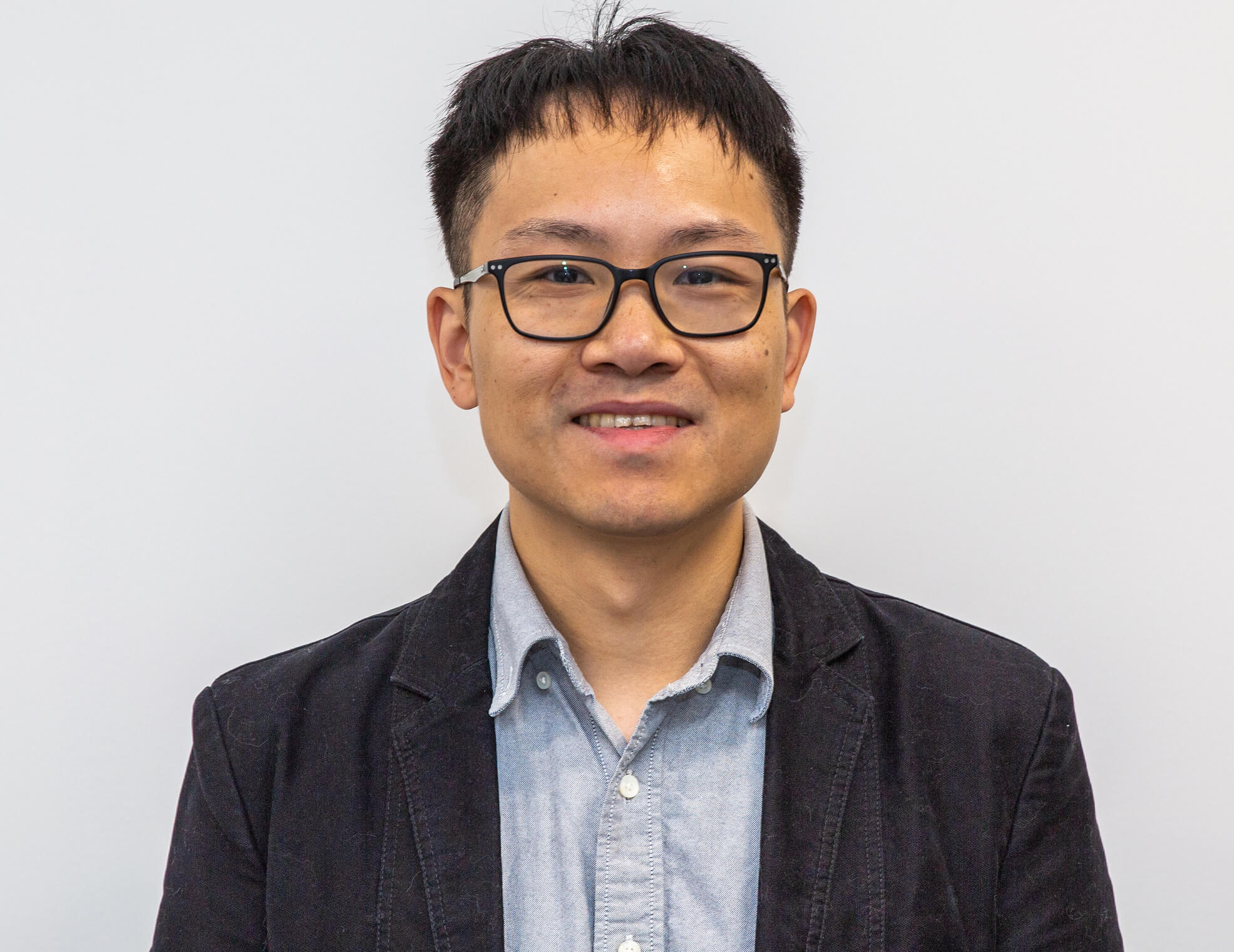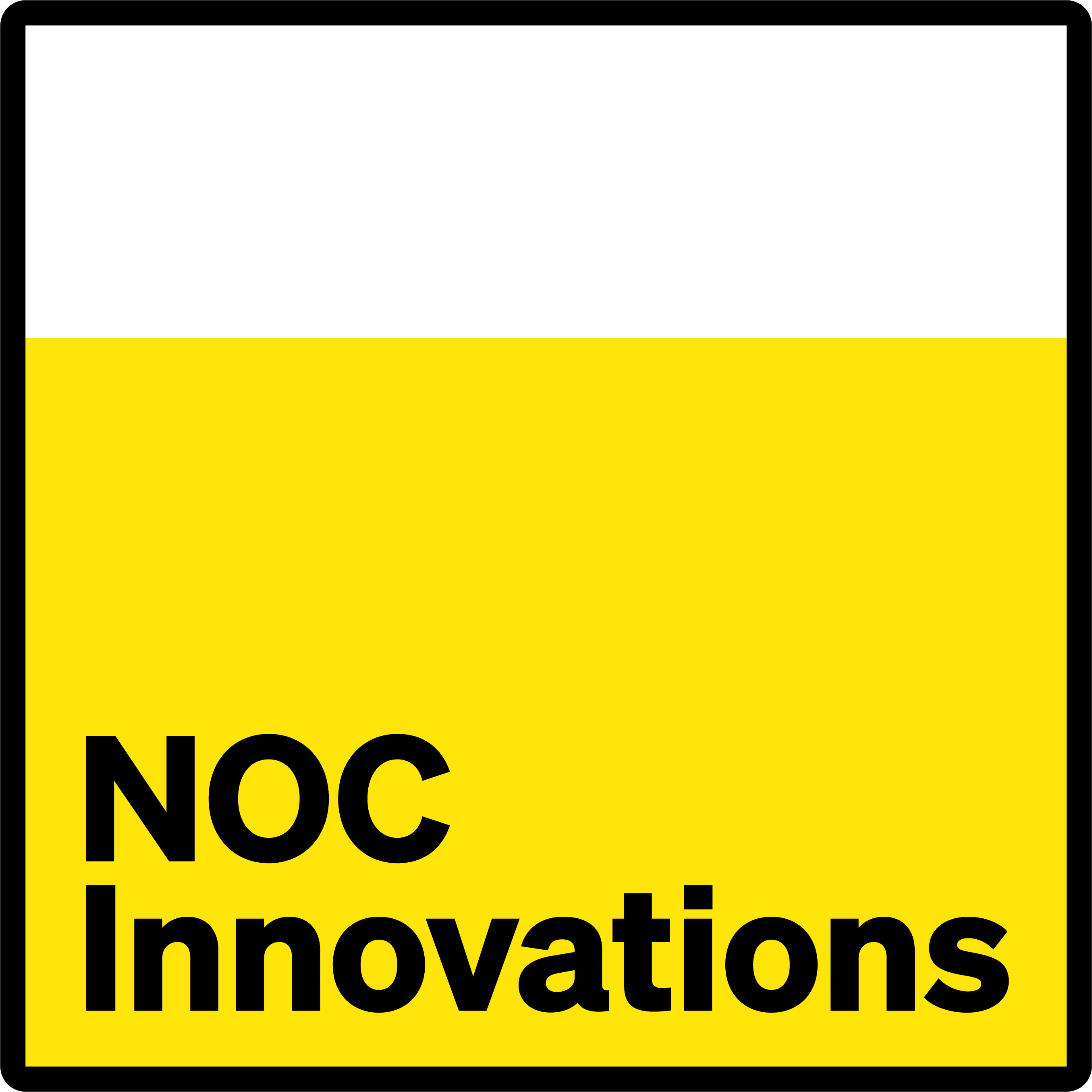Get to know our Transparent Ocean Research Fellow, Dr Yijun Yan. Originally from Shanghai, China, he has been part of the Transparent Ocean team at the NSC since May 2021. Prior to joining the NSC, Yijun received his MSc and PhD in ‘Electronic and Electrical Engineering’ from the University of Strathclyde.
What is your research all about?
My research interests are in the field of image processing with a special focus on hyperspectral imaging and pattern recognition. Within the field of pattern recognition, I have dedicated my research efforts to various subdomains, including saliency detection, object detection and tracking and image retrieval. By developing advanced algorithms and techniques, I aim to enhance the capabilities of computer systems in recognising and interpreting patterns within visual data.
Another area of expertise is hyperspectral imagery, where I have focused on feature extraction, dimension reduction and denoising. Hyperspectral data offers rich spectral information, enabling a more comprehensive understanding of the underlying characteristics of different materials. Through the development of innovative methods, I strive to extract meaningful features and reduce the dimensionality of hyperspectral data, ultimately improving the accuracy and efficiency of analysis.
Furthermore, by integrating artificial intelligence (AI), computer vision, feature extraction and fusion techniques together, I am passionate about developing AI-based application-driven research in different domains. This includes non-destructive inspection for offshore infrastructures, ocean remote sensing and industrial autonomy.
What or who first sparked your interest in your research subject?
Personally, I have always been deeply intrigued by the potential of computer vision and AI, and their ability to revolutionise various fields. The prospect of uncovering new techniques and pushing the boundaries of what is possible in these domains has been a driving force behind my interest.
On the other hand, during my PhD studies, my supervisor, Professor Jinchang Ren, played a pivotal role in igniting my curiosity and providing me with valuable guidance. His expertise and insight on utilising AI techniques to solve practical problems inspired me to delve deeper into this field.
Furthermore, my interest was further fuelled by the opportunity presented by the National Subsea Centre. The NSC has given me a platform to apply my knowledge and experience, specifically in the marine and subsea sectors, contributing towards a higher target of achieving Net Zero.
What impact is your research having outside of academia?
By analysing chlorophyll concentration, water clarity and phytoplankton distribution, we can assess the health of marine ecosystems, identifying harmful algal blooms and monitoring water quality parameters.
By introducing AI into satellite imagery, different land cover types such as forests, agricultural areas, urban regions and water bodies can be identified, leading to better resource management, land use planning and conservation efforts.
AI-based anomaly and change detection techniques also play a crucial role in damage detection, condition monitoring and fault diagnosis. This enables more effective and efficient decision-making of decommissioning in different industrial sectors such as oil and gas, manufacturing and renewable energy.
Are there any role models or mentors who have helped you along the way?
I have great admiration for the analytical mind and determination of Professor Jinchang Ren, who is not only my PhD supervisor but also my current line manager. Throughout my research journey, his expertise and guidance have played a pivotal role in shaping my approach to research. His commitment to excellence has constantly inspired me to push the boundaries of my work and strive for new heights.
I would also like to express my gratitude to Professor John McCall, Director of the NSC, for his invaluable support and mentorship. Under his guidance, I have gained valuable experience in networking, proposal preparation and project delivery. His leadership and expertise in the field have been instrumental in my professional development.
Moreover, as a Research Fellow at the NSC, I have been fortunate to serve as a second supervisor and project co-investigator. This opportunity has allowed me to enhance my teaching and research skills while contributing to the success of collaborative projects.
What advice do you have for somebody embarking on a research career?
Time management: Have a structured plan and prioritise tasks to ensure progress and productivity
Networking: Connect with researchers and organisations within and outside of your discipline
Communication: Attend and organise research seminars and international conferences
Favourite thing about the NSC?
Nice working environment: Friendly colleagues, cultural diversity, good coffee machine, state-of-the-art facilities and high-quality computing resources
Strong industry connections: Oil and gas, renewable energy, marine science and manufacturing.
Career development: Training courses, financial support for business travel, technical support of hardware, venue for hosting seminars and workshops and visitor friendly
What do you enjoy doing outside of work?
In my spare time, I enjoy travelling, e-sports, cooking, working out and calligraphy.









